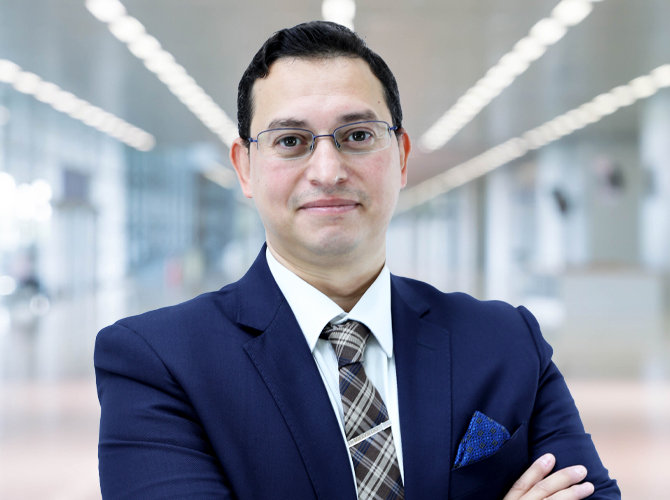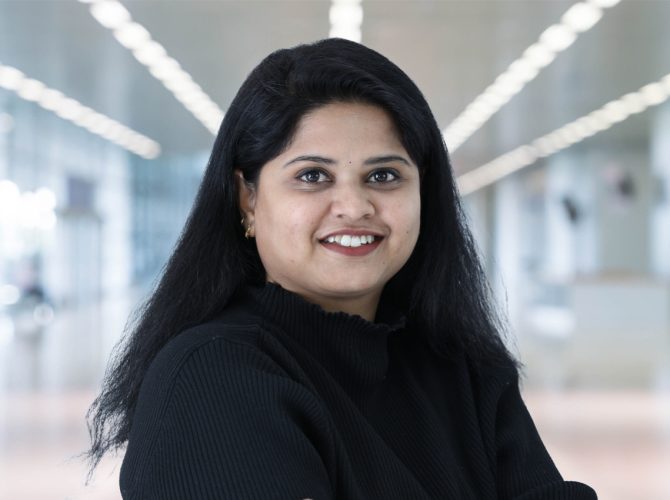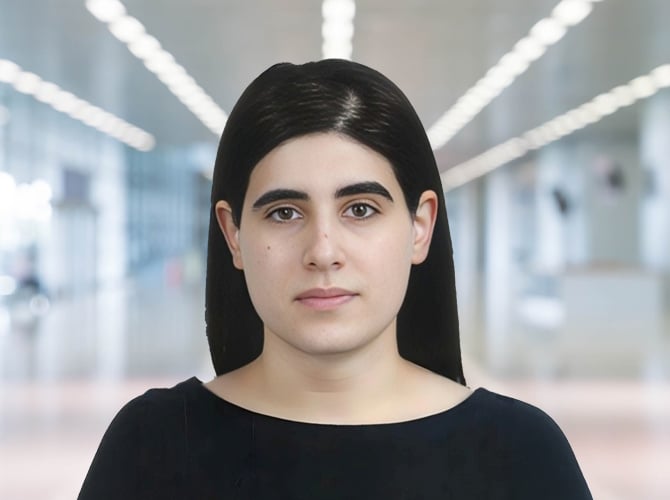Support for Children with Chronic Illness
Support for Children with Chronic Illness
Caring for the Heart and Mind Through Long-Term Medical Journeys

At KidsHeart Medical Center, we know that chronic illness isn’t just physical — it touches every part of a child’s life. From missed school days to emotional ups and downs, children facing ongoing health conditions often need more than medical care.
Our child psychologists work alongside medical teams and families to support emotional well-being, helping children understand, adjust, and thrive despite ongoing health challenges. We offer this care in Abu Dhabi, Dubai, and Al Ain.

What Kind of Support Do Children With Chronic Illness Need?
Emotional support helps children:
- Understand their condition at an age-appropriate level
- Express fear, frustration, or sadness safely
- Navigate hospital visits, procedures, or daily treatments
- Cope with feeling “different” from peers
- Build resilience and emotional flexibility
- Strengthen self-esteem despite physical limitations
Whether the illness is visible or invisible, ongoing support helps children carry the emotional weight with less fear and more confidence.
When Might Psychological Support Help?
Consider this service if your child:
- Has a new or long-standing diagnosis of a chronic illness
- Seems anxious about procedures, medications, or appointments
- Shows mood changes (sadness, anger, withdrawal)
- Avoids talking about their illness or feels embarrassed
- Struggles socially due to physical limitations or frequent absences
- Needs help accepting lifelong or changing health needs
You’re doing your best — and we’re here to support both you and your child emotionally.
How We Support Children With Chronic Conditions
Here’s how our process works:
- Initial Parent Consultation: We discuss your child’s health history, emotional needs, and family context.
- Child Sessions (Play or Talk Therapy): Children explore their feelings, fears, and questions in safe, creative ways.
- Medical Understanding Support: We help children grasp their condition using simple, age-appropriate explanations.
- Emotional Coping Tools: These include worry management, self-advocacy, and building a sense of control.
- Family Support and Communication Strategies: We help you talk openly, without overwhelming or sugarcoating.
Our focus is always: what matters most to this child, and how can we help them feel stronger inside.
Why Families Trust KidsHeart
- Psychologists experienced in pediatric emotional care
- Familiarity with a wide range of medical conditions (cardiac, metabolic, neurological, etc.)
- Seamless coordination with KidsHeart’s medical specialists when needed
- Respectful support that honors each child’s journey
- Clinics in Abu Dhabi, Dubai, and Al Ain
Because illness may be part of your child’s life, but it doesn’t have to define how they feel about themselves.
Because Healing Is About More Than Medicine
We provide a full assessment profile for all psychological, mental, and behavioral disorders, with clinical reports and intervention programs, for all developmental phases.
If your child is living with a chronic condition, we’re here to help them find strength, comfort, and a sense of self that isn’t defined by illness.
Frequently Asked Questions (FAQs)
Yes — but with the right support, those struggles don’t have to become suffering.
Absolutely. We use gentle methods — art, play, or metaphor — to help them feel safe opening up.
Typically ages 3–16, adjusted to emotional and cognitive maturity.
We coordinate flexibly, and often, emotional care makes medical visits easier to handle.
Yes. Siblings of children with chronic illness often need emotional space as well.
Frequently Asked Questions (FAQs)
It is — but when it causes distress or behavior shifts, support helps children cope more positively.
Yes. Many of our programs are built around easing school anxiety and separation issues.
Sometimes. But for bigger changes, we may suggest 3–5 focused sessions.
Typically ages 2–12, though older children facing major transitions can benefit too.
Yes — early preparation often makes a big difference in how children adapt.








